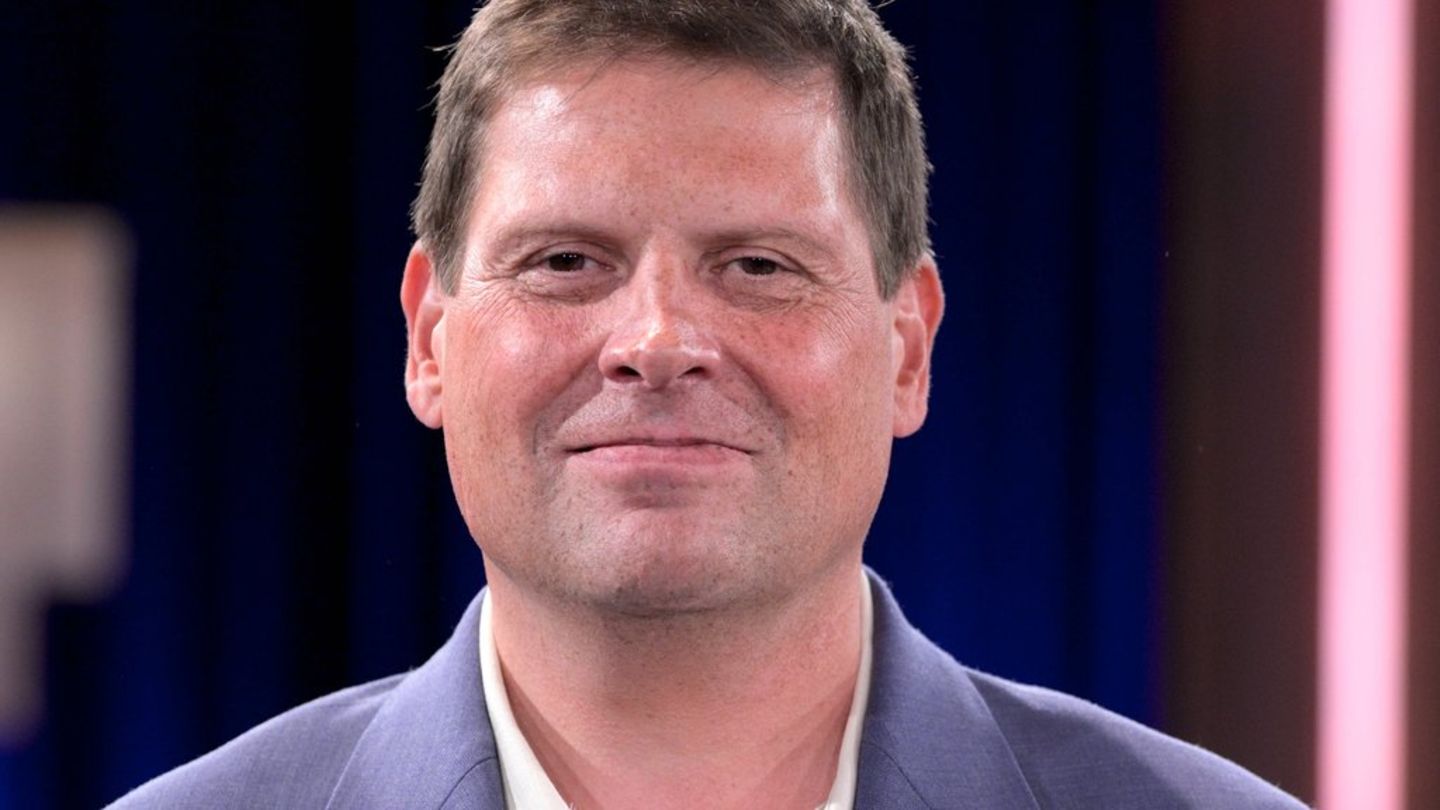The number of unauthorized entries into Germany has risen sharply. The debate about how the federal government should react is becoming more heated – and there is also a problem at EU level.
The federal government believes an agreement on asylum reform is possible before the European elections, despite the European Parliament’s blockade. Federal Interior Minister Nancy Faeser (SPD) is pushing ahead with negotiations on the Common European Asylum System, government circles said. The pressure on the federal government is high after the European Parliament announced yesterday that it would block negotiations on the planned asylum reform.
In the summer, Germany’s reservations prevented the EU states from positioning themselves on part of the planned reform, the so-called crisis regulation. The EU MPs also justified their move by saying that the governments of the member states have not yet taken a position on this area. Until this has happened, negotiations on two other areas should not be continued.
Opinions vary widely in Germany
The delays are particularly explosive because of the approaching European elections in June 2024. Projects that have not been negotiated with the governments of the member states by then could then be called into question again and be delayed for a long time. In the case of the planned reform of the asylum system, this would be a particularly big setback. The project has been in the works for years. It is also intended to help limit illegal migration.
Within Germany, opinions differ widely on how to deal with the increased number of refugees. The chairman of the Junge Union (JU), Johannes Winkel (CDU), wants to massively restrict the freedom of movement of rejected asylum seekers in this country. “Rejected asylum seekers who cannot be deported must stay in return centers according to the Danish model,” the CDU politician told the “Bild” newspaper.
Denmark as a role model?
Denmark is currently more often mentioned as a model in the debate. The Social Democrats in Denmark have taken up a strict immigration policy, thereby depriving the right-wing populist Danish People’s Party (DF) of their top issue. With this strategy, the social democrat Mette Frederiksen seized government power in 2019 and banished the right-wing populists to the political periphery. However, Frederiksen’s strategy is controversial in the country. The head of government is pursuing an extremely strict migration policy by social democratic standards, with Denmark accepting fewer asylum seekers relative to its population than most other EU states.
The FDP member of the Bundestag Linda Teuteberg cited a lack of political will as an explanation for deficits in Germany. Some neighboring European countries demonstrated this. “The overdue turnaround in migration policy involves recognizing the limitation of immigration as a legitimate political goal, in day-to-day political business from Monday to Saturday, not just as a building block in Sunday speeches and interviews,” Teuteberg told the German Press Agency. Legal changes are also not taboo, emphasized the MP from Brandenburg.
Rights: Stop boats on the Mediterranean
AfD leader Alice Weidel, meanwhile, called for a “Mediterranean blockade” to prevent smuggler boats from crossing to Europe. Without exception, these must be forced to return to the respective port of departure “with the help of fleet operations,” she said. Weidel made a similar statement to Italian Prime Minister Giorgia Meloni. Last week, the right-wing politician called for a European mission to stop boats on their way to Europe.
What will happen next at the European level remains to be seen. The EU Parliament is blocking negotiations on the Eurodac and screening regulations. The Eurodac regulation is intended to make it easier to track where an asylum seeker has previously stayed in Europe using a fingerprint database. The screening regulation is primarily about identifying people who have entered the country irregularly at the external borders of the European Union. It is unclear whether Parliament will achieve an agreement on the crisis regulation through the blockade, as the positions here are still far apart.
Poland and Hungary for stricter regulations
The proposal for the new crisis regulation provides for longer deadlines for registering asylum requests at the external borders, as well as the possibility of lowering standards for accommodation and care. The federal government fears that standards will be lowered too much. For Poland and Hungary, however, the proposed exemptions do not go far enough.
There could possibly be some movement next week. The EU interior ministers meet in Brussels. Migration policy is also on the agenda.
Source: Stern
I have been working in the news industry for over 6 years, first as a reporter and now as an editor. I have covered politics extensively, and my work has appeared in major newspapers and online news outlets around the world. In addition to my writing, I also contribute regularly to 24 Hours World.




